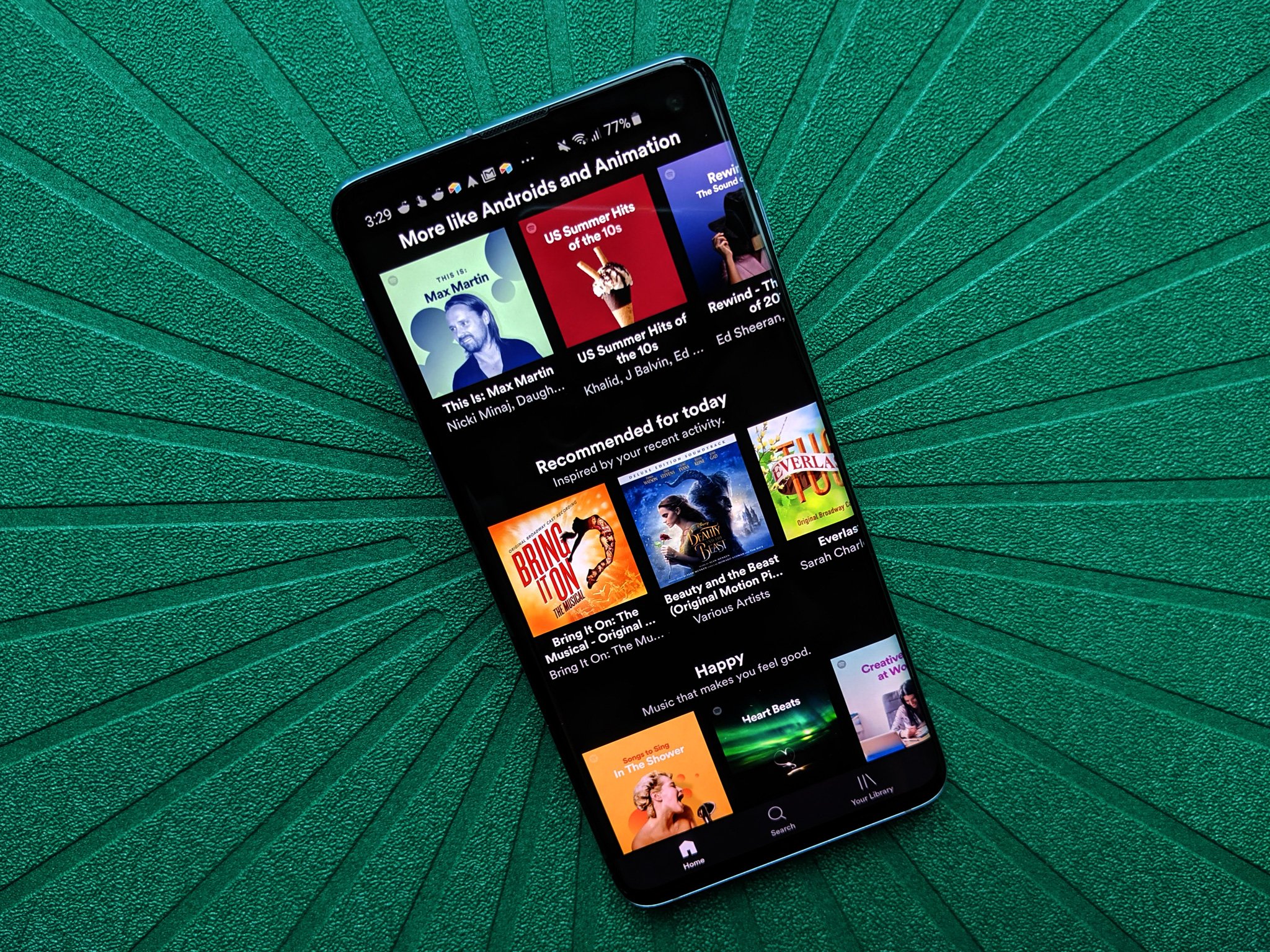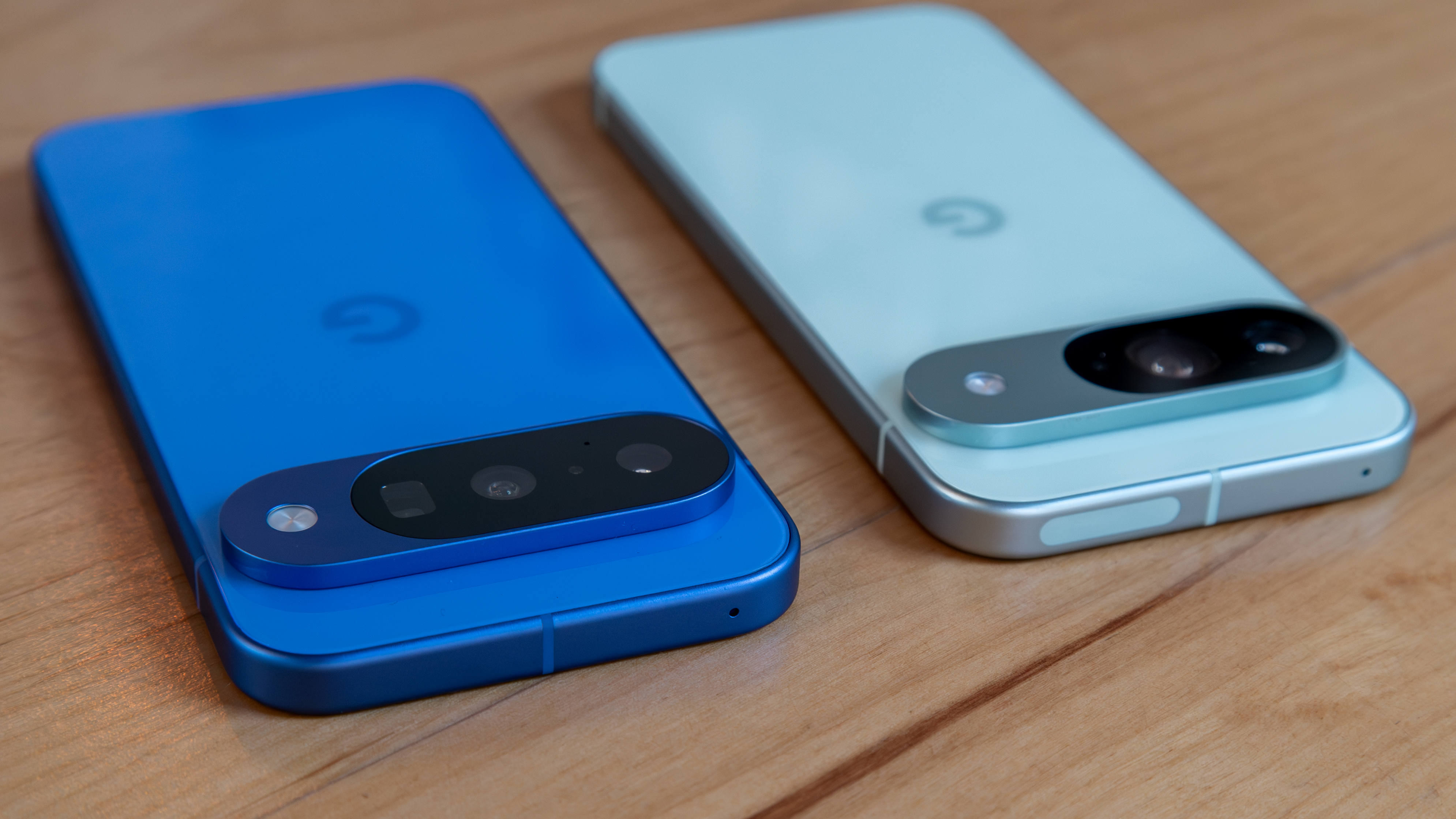Spotify launches Group Sessions for socially-distanced streaming with friends

What you need to know
- Spotify has released Group Session, a new feature that'll make it easier to share a music experience with friends from a distance.
- Aimed at Premium subscribers, group features will allow two or more users to control a single queue.
- It's currently in beta and will continually evolve over time.
Spotify is launching Group Sessions, a feature of the app that will let Premium users stream music with each other. It was spotted in testing last year but will now be made available broadly going forward.
As reported by 9to5Mac, the company made the announcement this morning:
Today, Spotify is launching a beta version of Group Session, an evolving feature that allows a group of two or more Premium users in the same space to share the control for their listening session with others via a Spotify Code. In addition to real-time listening, the feature will offer shared queue control and collaboration for the listening group.
Spotify earlier this year noted that users are sharing more of their music as more and more cities go on lockdown.
"We've seen an increase in collaborative playlists during this time frame, allowing people to connect over shared music and have virtual jam sessions together," the company shared in a late March blog post. Group sessions are an easy way to build on this momentum. Seeing as the feature already exists, and the audience is captive, now's as good a time as any.
Group Sessions appears to be as easy to pick up as the rest of Spotify, here's how to use it:
To access the feature, the "host" can tap the Connect menu in the bottom left corner of their play screen and share the scannable code with "guests". Guests can join the session by scanning the host's scannable code. Then, using the standard controls, both host and guests are empowered to pause, play, skip and select tracks on the queue as well as add in choices of their own. Changes are immediately reflected on all participant devices.
As it's being rolled out over time, not all users will have it immediately.
Spotify: Everything you need to know
Get the latest news from Android Central, your trusted companion in the world of Android

